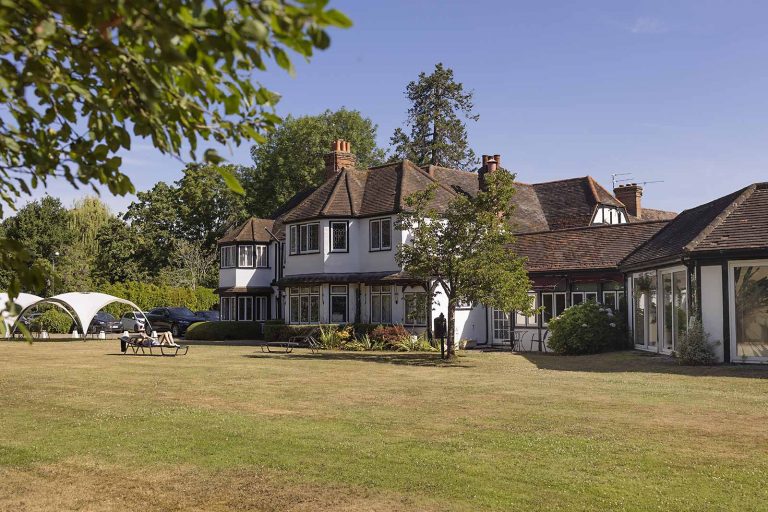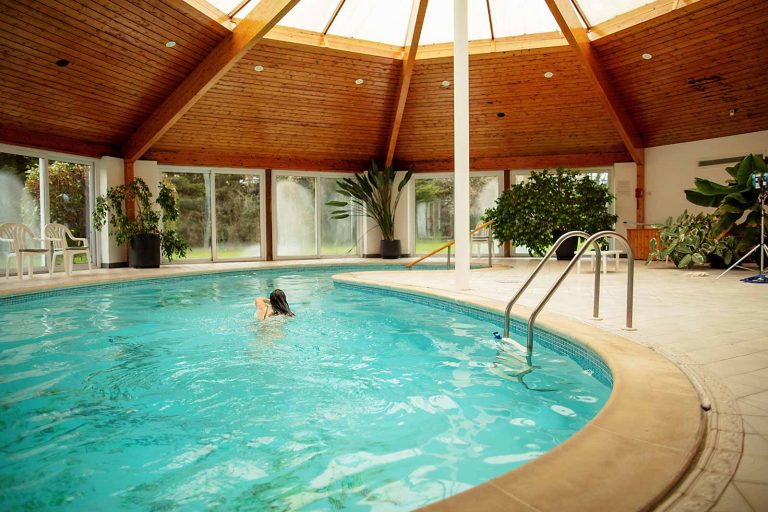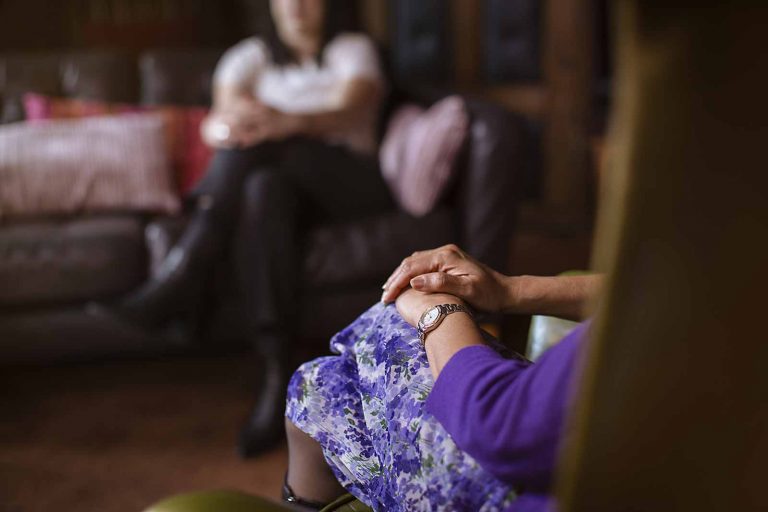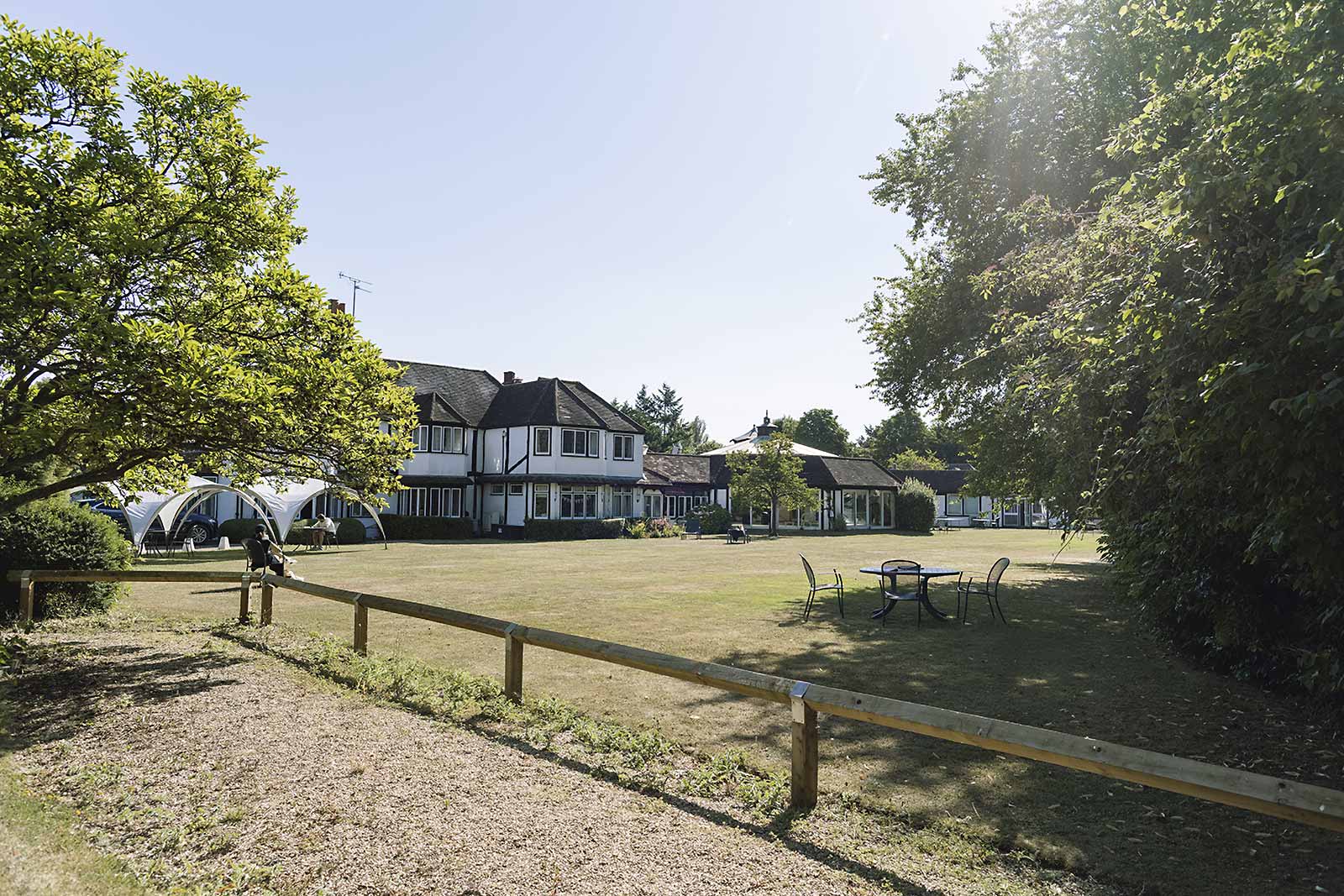Anxiety
What is anxiety?
Everyone feels anxious from time to time. It is a normal human response to stressful or new situations such as going to a new school, changing jobs, parents divorcing or losing a friend. It can be experienced during an intense period at work or when you are outside of your normal comfort zone. Short term anxiety due to a stressful period or situation is completely normal and may actually result in improved performance to deal with that stress.
For one in ten people in the UK, anxiety affects them to such a degree that they can feel that it is taking over their normal life. Excessive amounts of anxiety are often associated with other conditions such as depression and can display as obsessive-compulsive disorder (OCD), panic attacks, phobias or post-traumatic stress disorder (PTSD).
Anxiety causes us to have two kinds of responses: one is physical and the other is psychological. The physical symptoms are caused by our brains that are preparing us for the stressful or new event, making us ready for a “fight or flight” response. Your heart and lungs work faster along with other parts of your body; adrenaline is also released.
Symptoms of anxiety
- Dry mouth
- Rapid heartbeat
- Tightness of your chest
- Pains in your chest
- Dizziness
- Diarrhoea
- Excessive sweating
- Blushing
- Frequent urination
- Lack of concentration
- Irritability or anger
- Insomnia
- Fear of madness
- Feeling of not being in control of your actions
Causes of anxiety
There are several factors that may contribute to causing anxiety. Research shows that having a close family member who has experienced anxiety increases the likelihood that other members of the family will suffer. Evidence that a lack of emotional nourishment from parents, or having parents who are overly protective or emotionally inconsistent may result in anxiety issues in their children.
Anxiety can also be associated with other disorders:
- Depression
- Post-traumatic Stress Disorder (PTSD)
- Obsessive Compulsive Disorder (OCD)
- Panic attacks.
Sometimes changes in your life can trigger anxiety:
- Exhaustion and/or a build up of stress
- Working long hours
- Being out of work
- Feeling under pressure as a student or in work
- Having money worries
- Homelessness or housing problems
- Losing someone close to you
- Feeling lonely or isolated
- Being bullied, harassed or abused
Treatments for anxiety
You should ask for help to treat your anxiety when:
- It is prolonged or severe
- It interferes with your day to day activities such as school, work or socialising
- It happens without having a stressful or new event occurring
Where the anxiety is having a significant detrimental impact on well-being, a multi-disciplinary approach is often recommended. A psychiatrist will normally provide an initial assessment and discuss a care plan with you. This may include both medication and psychological therapies with a therapist.




Medication for anxiety
Anxiety can sometimes be a side effect of taking some medications and these can include:
- Some psychiatric medications
- Some medications for physical health problems
- Recreational drugs or alcohol
You might be prescribed medication to help you manage the symptoms of your anxiety. This could be anti-depressants and many people find the combination of the medication and psychological therapy helpful.
Therapy approach for anxiety
If you are living with anxiety, CBT (Cognitive Behavioural Therapy) can be an effective treatment that may relieve your symptoms. The cause of anxiety often follows a similar pattern: People with anxiety tend to react to unpleasant thoughts, feelings and situations in a more extreme way. They may try and manage those reactions by avoiding the triggers. Avoidance reinforces the fears and worries. CBT addresses the negative thinking and avoidance to help you manage your anxiety.
Outcomes
You can learn to control your anxiety rather than allowing it to control you, with the right form of treatment. You can also make lifestyle changes, including ensuring you have a social support system, making healthy lifestyle choices and reducing the stress in your life which makes your anxiety worse.
Get help for anxiety today
Call Cardinal Clinic on 01753 869755 for more information, or submit an enquiry form.
GP’s looking to refer a patient may make a referral here.
A calm environment dedicated to your care
Rated ‘Outstanding’ for care and overall ‘Good’ by the Care Quality Commission, Cardinal Clinic works tirelessly to offer an elevated patient experience from exquisite and fresh chef-prepared meals, to comfortable and relaxing accommodations. Situated in a private estate in the heart of Windsor’s green belt, residential in-patient care, day care and out-patient services are offered.

